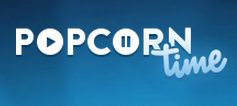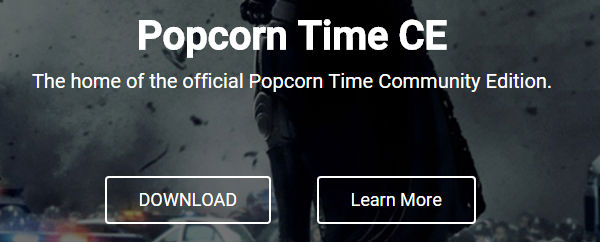University: ‘Pirating’ Students Being Deliberately Targeted
jeudi 3 décembre 2015 à 18:19 Whether it’s a nice discount here and there or a straight-up freebie, cash-strapped students are happy to be front and center. No surprise then that they’re often associated with obtaining a little media from unauthorized sources too.
Whether it’s a nice discount here and there or a straight-up freebie, cash-strapped students are happy to be front and center. No surprise then that they’re often associated with obtaining a little media from unauthorized sources too.
As a result, in the middle of the last decade this penchant for lifting music from file-sharing networks grew into an international controversy when the RIAA forcefully targeted students with legal action. While it sent a message, it was also a PR disaster.
Almost a decade on and the landscape is somewhat changed, with official services now more cheaply available and often providing deep discounts for students. Nevertheless, students still like to download from P2P networks such as BitTorrent and today, just like a decade ago, they are getting caught in their thousands.
Data just released by Central Michigan University (CMU) shows that the number of copyright complaints received quadrupled between 2013 and 2014. But even with figures only available for the first 10 months of 2015, it’s already a record year.
As of the end of October, anti-piracy outfits had filed a total of 1,912 complaints at CMU. To put those numbers into perspective, CMU has around 20,000 students. However, it is the nature of the majority of those complaints that is most cause for concern.
While anti-piracy tracking companies such as IP-Echelon and MarkMonitor are contacting the university with their own DMCA-style ‘warning’ notices, the volume sent by them is being dwarfed by a company with a different agenda.
According to Mark Strandskov, associate director of the Office of Information Technology, piracy monetization company Rightscorp is now the dominant sender, accounting for more than eight out of every ten complaints received.
“You have agencies like Rightscorp where in the last two years account for over 2,500 complaints,” Strandskov told university publication CM-Life.
“They account for 81 percent of our total number of complaints this year and we didn’t receive anything at all from them two years ago. That sort of sticks out.”
In 2014 Rightscorp sent 899 complaints to CMU, around 65% of all complaints received. By the end of October 2015 the company had filed 1,648.
And, of course, for each of those notices Rightscorp demands cash. For example, Strandskov says that one student was asked to pay $30 after he allegedly downloaded The Lord of the Rings: Return of the King from Warner Bros.
But while these ‘fines’ are nothing out of the ordinary, vice president for information technology Roger Rehm says that he believes that outfits like Rightscorp are deliberately targeting educational establishments.
“The fact of the matter is (monitoring companies) have targeted university campuses,” Rehm says. “There is no question that they treat us differently than other networking organizations.”
While the sheer number of people on site will mean that universities and colleges receive a lot of complaints, the reason they are being targeted is likely to be connected to the RIAA’s actions last decade and the pressure subsequently placed on the government.
In July 2010, the U.S. responded by putting in place a new requirement for colleges and universities to take action against illegal file-sharing. Failure to do so can result in the loss of federal funding so little wonder that campuses view the issue seriously.
As a result, not passing on complaints from outfits like Rightscorp could have serious consequences for universities like CMU and it’s more than likely the company understands that. With this in mind, students are probably easy targets but whether they’ll bear fruit long term is up for debate.
While Rightscorp asks them for $30 per offense, CMU has much harsher punishments in store. According to CM-Life, a second infringement notice results in a $150 fine being imposed by the university and a potential Internet access suspension. A third offense warrants a $300 fine and even expulsion.
However, while it might be difficult to avoid being fined by the university itself following a complaint, not paying Rightscorp is an easier proposition.
“We’re in the business of passing the complaint along,” Rehm says. “We do not identify [students] to the company.”
Source: TorrentFreak, for the latest info on copyright, file-sharing, torrent sites and ANONYMOUS VPN services.
 Copyright holders are increasingly demanding that ISPs should block access to pirate sites in order to protect their business.
Copyright holders are increasingly demanding that ISPs should block access to pirate sites in order to protect their business. A few weeks ago the main Popcorn Time fork, operating from the PopcornTime.io domain name, shut down its servers.
A few weeks ago the main Popcorn Time fork, operating from the PopcornTime.io domain name, shut down its servers.
 Today marks the start of a crucial trial that may define how U.S. Internet providers deal with pirating subscribers in the future.
Today marks the start of a crucial trial that may define how U.S. Internet providers deal with pirating subscribers in the future.
 Last month
Last month 

